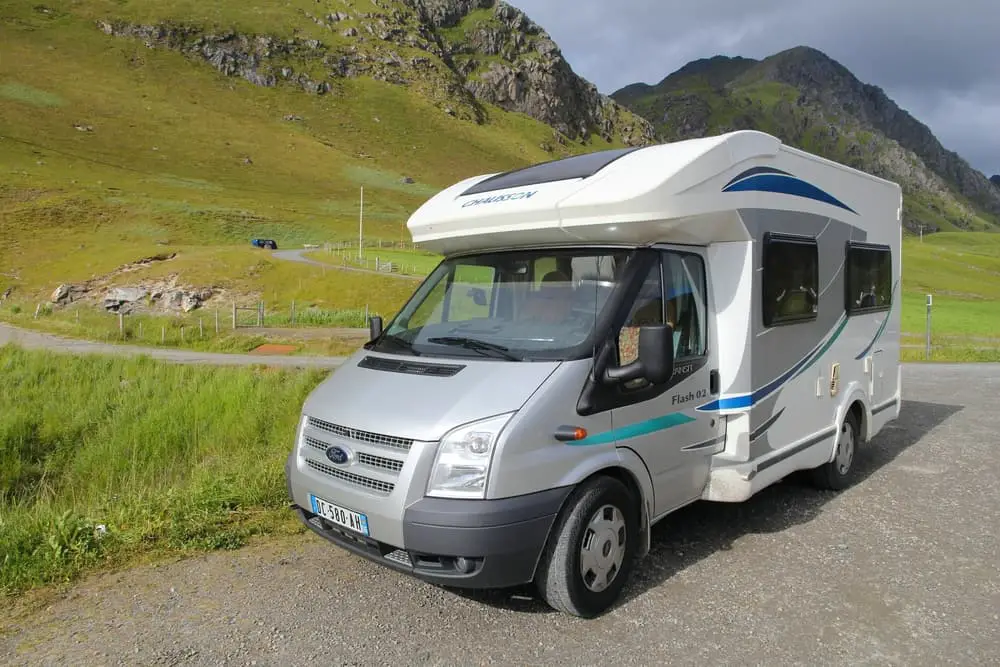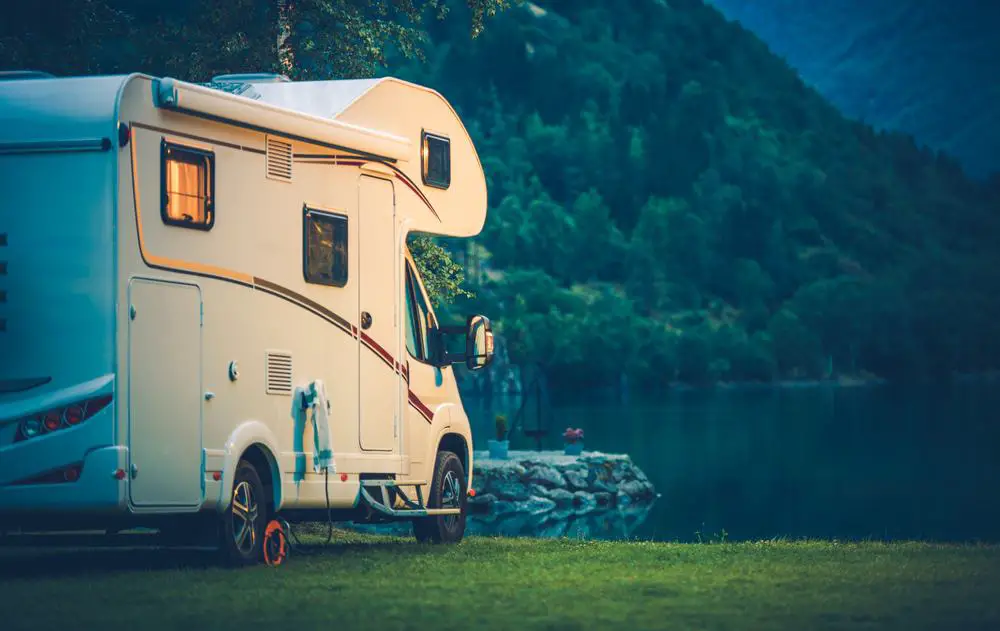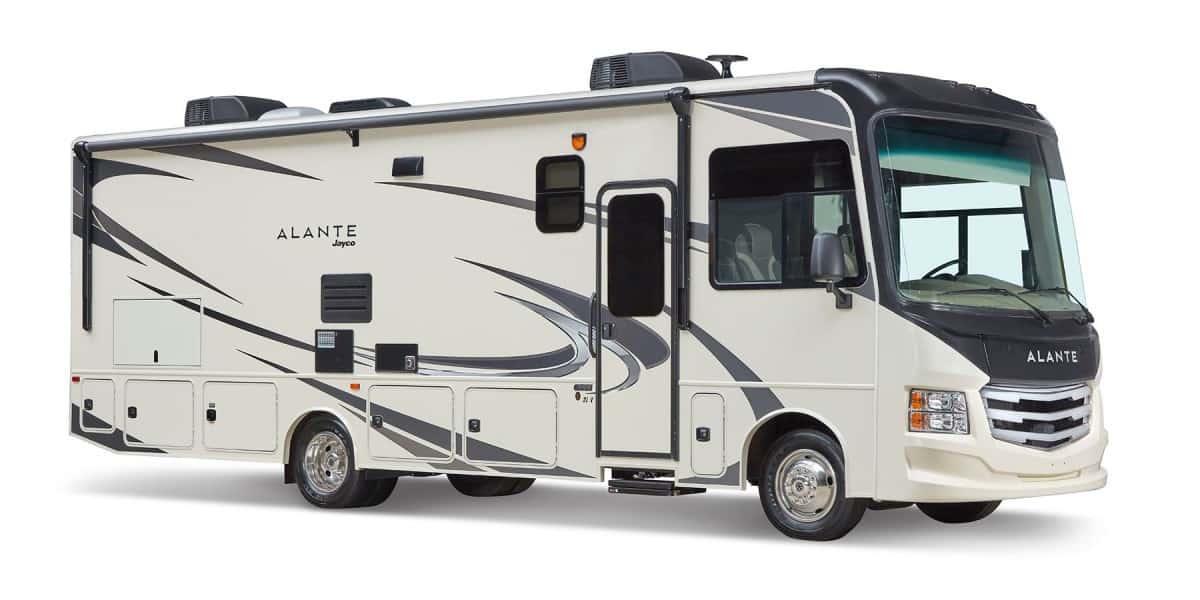As more and more people are drawn to the freedom and adventure of the open road, traveling in a motorhome has become increasingly popular. This unique mode of transportation has its own set of advantages and drawbacks, making it an ideal choice for some travelers, while others may prefer different accommodations.
In this article, we’ll explore the pros and cons of motorhome travel, as well as some resources to help you decide if this is the right choice for you.
Pros of Traveling in a Motorhome
- Freedom and Flexibility: One of the biggest benefits of traveling in a motorhome is the ability to create your own itinerary. You can change plans on a whim, taking detours or stopping at interesting spots without worrying about hotel reservations or missing flights. The open road is yours to explore!
- Cost-Effective: While the initial investment in a motorhome can be high, it can save you money in the long run. No more paying for hotels or expensive meals out; your accommodation and kitchen are all on wheels! Plus, with discounts for RV parks and campgrounds, you can save even more.
- Comforts of Home: Traveling in a motorhome allows you to bring the comforts of home with you, such as your favorite pillows, a fully stocked kitchen, and even your pets! This can make the journey more enjoyable and less stressful.
- Nature at Your Doorstep: Many motorhome enthusiasts love the ability to immerse themselves in nature. With a motorhome, you can park at a scenic overlook, spend a night under the stars, or wake up to the sounds of birds chirping – all from the comfort of your own bed.
- Building Stronger Relationships: Traveling together in a motorhome can help strengthen bonds among family members and friends. The close quarters and shared experiences can create lasting memories and deepen connections.
- Customizable Living Space: Motorhomes come in various sizes and layouts, allowing you to choose a configuration that suits your needs. Plus, you can personalize your motorhome with décor, furniture, and gadgets to make it feel like a true home on wheels.
- Travel at Your Own Pace: There’s no need to rush or adhere to strict schedules when traveling in a motorhome. You have the freedom to slow down and savor each destination, or spend extra time at places that truly capture your interest.
- Safety and Security: With a motorhome, your accommodations and belongings are always with you. This means you won’t need to worry about the security of your luggage, and you’ll always know the cleanliness and safety of your sleeping space.
- Accessibility: For travelers with disabilities or limited mobility, a motorhome can be an ideal solution. Many motorhomes can be adapted to accommodate special needs, making it easier and more comfortable to explore the world.
- Learning Opportunities: Traveling in a motorhome can provide an abundance of educational experiences for children and adults alike. You’ll encounter diverse cultures, geography, and history, as well as opportunities to learn new skills like cooking, navigation, and vehicle maintenance.
Take a look at our article on: Best Small Class A Motorhomes Under 30 Feet

Cons of Traveling in a Motorhome
- Limited Mobility: While a motorhome provides freedom on the road, it can also be cumbersome in certain situations. Maneuvering through tight spaces, finding parking, or navigating busy city streets can be challenging in a large vehicle.
- Maintenance and Upkeep: Owning a motorhome comes with its own set of responsibilities. Regular maintenance is essential to keep your motorhome running smoothly, and repairs can be costly. Additionally, you’ll need to consider expenses like insurance, registration, and fuel.
- Limited Privacy: Depending on the size of your motorhome, privacy can be an issue, especially if you’re traveling with others. Smaller motorhomes may have limited space for separate sleeping areas, making it difficult to have alone time.
- Environmental Impact: Motorhomes are not the most eco-friendly option for travel, as they typically have lower fuel efficiency than smaller vehicles. For those concerned about their carbon footprint, this may be a drawback worth considering.
- Initial Investment: Purchasing a motorhome can be a significant financial investment, and financing options may come with high interest rates. Additionally, the depreciation of a motorhome can be substantial, especially for new models.
- Storage: When not in use, finding a place to store your motorhome can be a challenge. Depending on where you live, you may need to pay for storage facilities or find a suitable location on your property.
- Limited Amenities: While some motorhomes are equipped with luxurious features, others may have limited amenities. This means you may have to forgo some of the conveniences you’re used to, like a spacious bathroom, laundry facilities, or reliable Wi-Fi.
- Legal Considerations: Different jurisdictions have varying laws and regulations regarding motorhomes, including where you can park overnight, how long you can stay in certain locations, and specific driving requirements. It’s essential to research and abide by these rules as you travel.
- Seasonal Challenges: Depending on the time of year and your destination, you may encounter weather-related obstacles like extreme temperatures, snow, or rain, which can affect your motorhome’s performance and your overall travel experience.
- Social Isolation: While traveling in a motorhome can strengthen relationships among those on board, it can also lead to feelings of isolation from the larger community. Extended time on the road may limit opportunities to connect with locals or other travelers, potentially leading to loneliness or homesickness.

As you consider the many factors involved in traveling in a motorhome, it’s crucial to assess your personal preferences, needs, and circumstances. Some people may find the freedom, flexibility, and cost-effectiveness of motorhome travel to be the perfect fit, while others may prefer more traditional modes of accommodation and transportation.
Before embarking on your motorhome journey, make sure to research your options and gather information from RV forums, blogs, and social media groups to learn from the experiences of others. Speaking with seasoned motorhome travelers can provide valuable insights and help you avoid potential pitfalls.
Additionally, consider renting a motorhome before making a purchase to test out the lifestyle and better understand your preferences. This can help you make a more informed decision about whether motorhome travel is the right choice for you and your travel companions.
Ultimately, the decision to travel in a motorhome comes down to personal choice. By carefully weighing the pros and cons and gathering as much information as possible, you can make the most informed decision and set yourself up for an unforgettable adventure on the open road
In conclusion, traveling in a motorhome can offer a unique, flexible, and cost-effective way to see the world. However, it also comes with challenges such as limited mobility, maintenance, and environmental impact.
It’s essential to carefully weigh the pros and cons to determine if a motorhome adventure is right for you. If you’re ready to take the plunge, be sure to check out motorhome buying guides and tips for first-time RVers to start your journey on the right foot.
Good luck, and happy camping!
Take a look at our article on: Class A vs Class C RV: What’s the Best Choice for Your Travel Needs?

